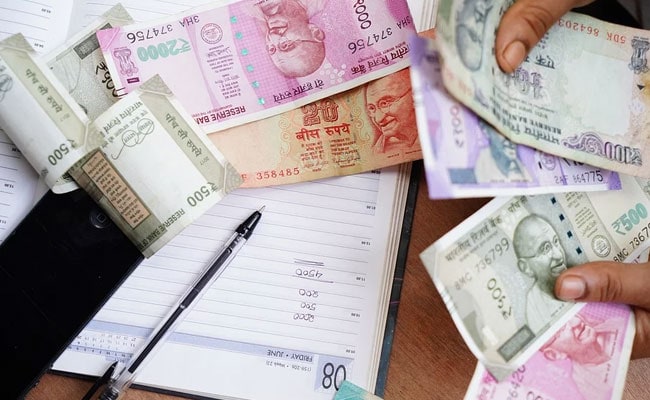Union Budget 2023: New vs Old Tax Regime – See What Has Changed
Budget 2023: Finance Minister Nirmala Sitharaman announced new tax slabs and scrapped the old twin-structure system that was unboxed in 2020.
Finance Minister Nirmala Sitharaman has increased the rebate limit for individual taxpayers from ₹ 5 lakh to ₹ 7 lakh a year.
“..Currently, those with income up to ₹ 5 lakh do not pay any income tax in both old and new tax regimes. I propose to increase the rebate limit to ₹ 7 lakh in the new tax regime. Thus, persons in the new tax regime, with income up to ₹ 7 lakh will not have to pay any tax,” Ms Sitharaman said while presenting Budget 2023 in parliament today.
She also announced new tax slabs and scrapped the old twin-structure system that was unboxed in 2020, which taxed citizens under 25 per cent without exemptions and 30 per cent with exemptions allowed.
The new slabs are:
Rs 0-3 lakh – no tax.
Rs 3-6 lakh – taxed at 5 per cent
Rs 6-9 lakh – taxed at 10 per cent.
Rs 9-12 lakh – taxed at 15 per cent
Rs 12-15 lakh- taxed at 20 per cent.
Above ₹ 15 lakh – taxed at 30 per cent.
“I had introduced, in the year 2020, the new personal income tax regime with six income slabs starting from ₹ 2.5 lakh. I propose to change the tax structure in this regime by reducing the number of slabs to five and increasing the tax exemption limit to ₹ 3 lakh,” Ms Sitharaman said.
In Budget 2020, the Finance Minister had given an option to individual taxpayers to either continue in the old rate, under which they could still claim tax exemption, or opt for the reduced new rate but with no scope for claiming exemptions.
The old tax regime had 30 per cent tax rate for those whose income was ₹ 15 lakh a year, but they could claim exemptions.
Those who opted for the new regime first announced in 2020 and whose income was over ₹ 15 lakh were taxed at 25 per cent, but they could not claim exemptions.
Below is an example of how the new tax regime leads to more savings:
If your salary is ₹ 7 lakh a year, then you don’t have to pay any tax. Earlier, the rebate was ₹ 5 lakh.
Now, let’s say your salary is ₹ 9 lakh a year. It will be taxed by compartmenting the amount into slabs. Accordingly:
A. 0-Rs 3 lakh: no tax (earlier, it was 0-Rs 2.5 lakh)
Balance: ₹ 6 lakh to be taxed under two slabs i.e. ₹ 3-6 lakh portion at 5 per cent and ₹ 6-9 lakh portion at 10 per cent
B. ₹ 3 lakh taxed at 5 per cent: ₹ 15,000
Balance: ₹ 3 lakh to be taxed under one slab i.e. ₹ 6-9 lakh portion at 10 per cent
C. ₹ 3 lakh taxed at 10 per cent: ₹ 30,000
Total tax on ₹ 9 lakh (sum of A, B and C): ₹ 45,000
However, if tax on this ₹ 9 lakh was calculated using the old slabs (0-Rs 2.5 lakh exempted and ₹ 5 lakh rebate), you’d need to pay at least ₹ 60,000, which means the new slabs lead to savings of some 25 per cent.




